
28
Apr
Freight forwarders import and export to Dubai, fees and types of goods
Freight Forwarding to Dubai: Costs and Cargo Types
Dubai, as a major trade hub in the Middle East, plays a pivotal role in international logistics and transportation. Exporters and importers worldwide often need to understand the intricacies of shipping to Dubai, including the costs and various types of goods involved. Freight forwarders play a crucial role in facilitating this process. Here’s an overview of freight forwarding to Dubai, focusing on costs and cargo types.
Cost Considerations
The cost of shipping to Dubai varies depending on several factors such as the type of cargo, shipping method (air or sea), the distance from the origin port, and other logistical considerations. Freight forwarders help to navigate these costs and provide cost-effective solutions for their clients.
1. Cargo Type: Different types of goods have different shipping requirements and costs. General cargo, hazardous materials, automotive parts, and electronics all have their own specific costs and regulations.
2. Shipping Method: Shipping by air or sea each have their own costs. While air freight is faster, it is generally more expensive for heavier cargo. Sea freight is more cost-effective for larger volumes but takes longer.
3. Distance and Transit Time: The distance from the origin port to Dubai impacts the cost of shipping. Longer transit times may also affect storage and handling costs.
4. Customs Clearance and Documentation: There are costs associated with customs clearance and preparing the necessary documentation for import and export. Freight forwarders assist with these processes to ensure a smooth flow of goods.
Cargo Types
The types of goods shipped to Dubai are diverse and reflect the city’s status as a global trade hub. Some of the common cargo types include:
1. General Cargo: This includes a wide range of goods such as textiles, chemicals, machinery, and consumer products.
2. Automotive Parts and Components: Dubai is a major hub for automotive manufacturing and remanufacturing, so shipping automotive parts is common.
3. Electronics and Technology: With a strong focus on technology and innovation, Dubai imports a wide range of electronics and technology products.
4. Hazardous Materials: While these materials require special handling and compliance with strict regulations, freight forwarders ensure safe and efficient transportation.
5. Construction Materials: Dubai’s booming construction industry requires a wide range of construction materials such as steel, cement, and other building supplies.
Conclusion
Shipping to Dubai presents unique challenges and opportunities for businesses worldwide. Freight forwarders play a crucial role in navigating these complexities, ensuring efficient and cost-effective transportation of goods. By understanding the costs and cargo types involved, businesses can make informed decisions about their shipping needs and work with freight forwarders to achieve their logistics goals.
Dubai, as a major trade hub in the Middle East, plays a pivotal role in international logistics and transportation. Exporters and importers worldwide often need to understand the intricacies of shipping to Dubai, including the costs and various types of goods involved. Freight forwarders play a crucial role in facilitating this process. Here’s an overview of freight forwarding to Dubai, focusing on costs and cargo types.
Cost Considerations
The cost of shipping to Dubai varies depending on several factors such as the type of cargo, shipping method (air or sea), the distance from the origin port, and other logistical considerations. Freight forwarders help to navigate these costs and provide cost-effective solutions for their clients.
1. Cargo Type: Different types of goods have different shipping requirements and costs. General cargo, hazardous materials, automotive parts, and electronics all have their own specific costs and regulations.
2. Shipping Method: Shipping by air or sea each have their own costs. While air freight is faster, it is generally more expensive for heavier cargo. Sea freight is more cost-effective for larger volumes but takes longer.
3. Distance and Transit Time: The distance from the origin port to Dubai impacts the cost of shipping. Longer transit times may also affect storage and handling costs.
4. Customs Clearance and Documentation: There are costs associated with customs clearance and preparing the necessary documentation for import and export. Freight forwarders assist with these processes to ensure a smooth flow of goods.
Cargo Types
The types of goods shipped to Dubai are diverse and reflect the city’s status as a global trade hub. Some of the common cargo types include:
1. General Cargo: This includes a wide range of goods such as textiles, chemicals, machinery, and consumer products.
2. Automotive Parts and Components: Dubai is a major hub for automotive manufacturing and remanufacturing, so shipping automotive parts is common.
3. Electronics and Technology: With a strong focus on technology and innovation, Dubai imports a wide range of electronics and technology products.
4. Hazardous Materials: While these materials require special handling and compliance with strict regulations, freight forwarders ensure safe and efficient transportation.
5. Construction Materials: Dubai’s booming construction industry requires a wide range of construction materials such as steel, cement, and other building supplies.
Conclusion
Shipping to Dubai presents unique challenges and opportunities for businesses worldwide. Freight forwarders play a crucial role in navigating these complexities, ensuring efficient and cost-effective transportation of goods. By understanding the costs and cargo types involved, businesses can make informed decisions about their shipping needs and work with freight forwarders to achieve their logistics goals.
LEAVE YOUR COMMENT
categories
recentpost
-
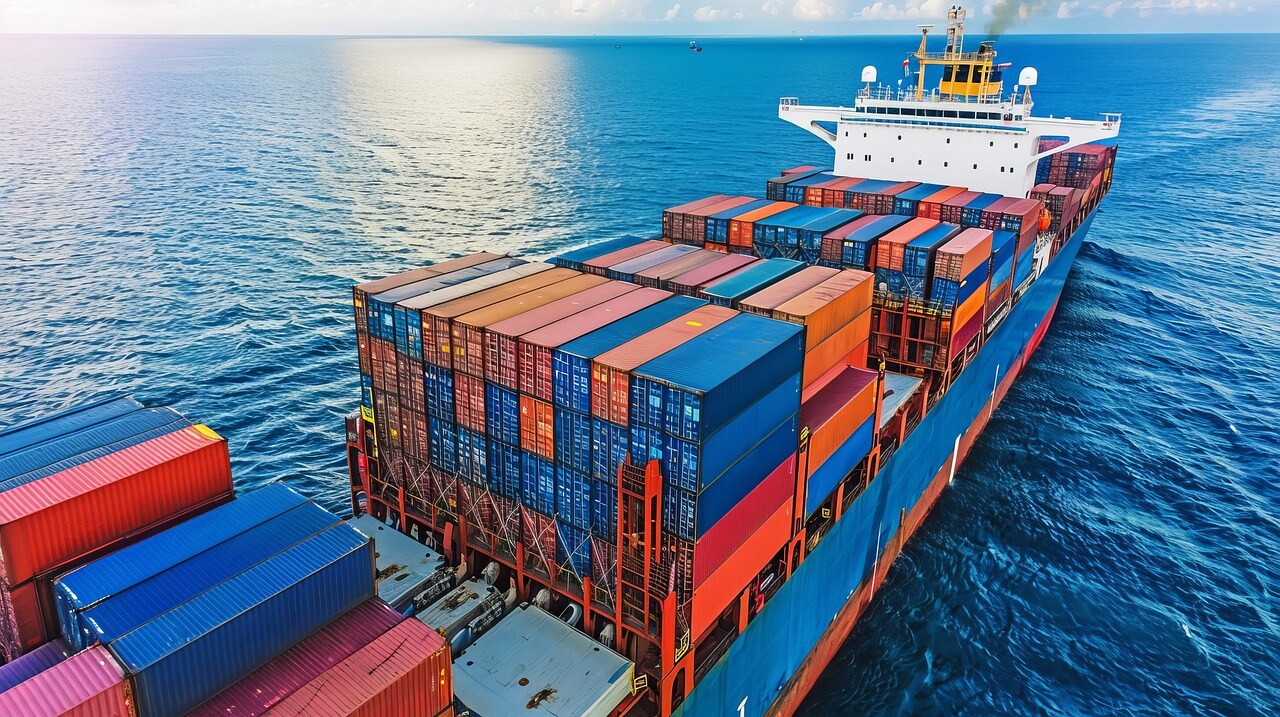 How can freight forwarders achieve efficient logistics and shipping from China to Tanzania?Apr 30,2025
How can freight forwarders achieve efficient logistics and shipping from China to Tanzania?Apr 30,2025 -
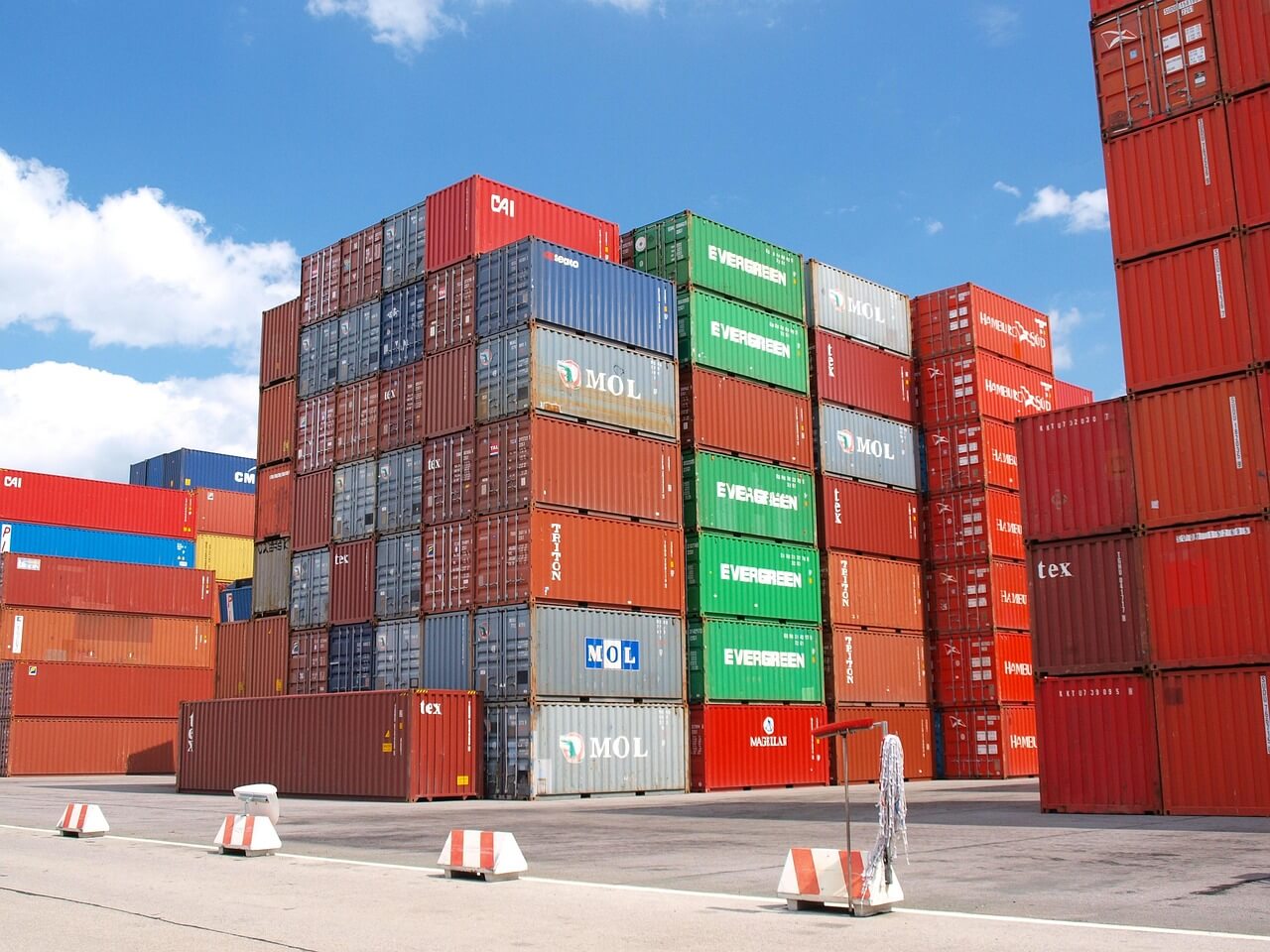 What are the guarantee measures for transportation and transaction services from China to the UnitedApr 30,2025
What are the guarantee measures for transportation and transaction services from China to the UnitedApr 30,2025 -
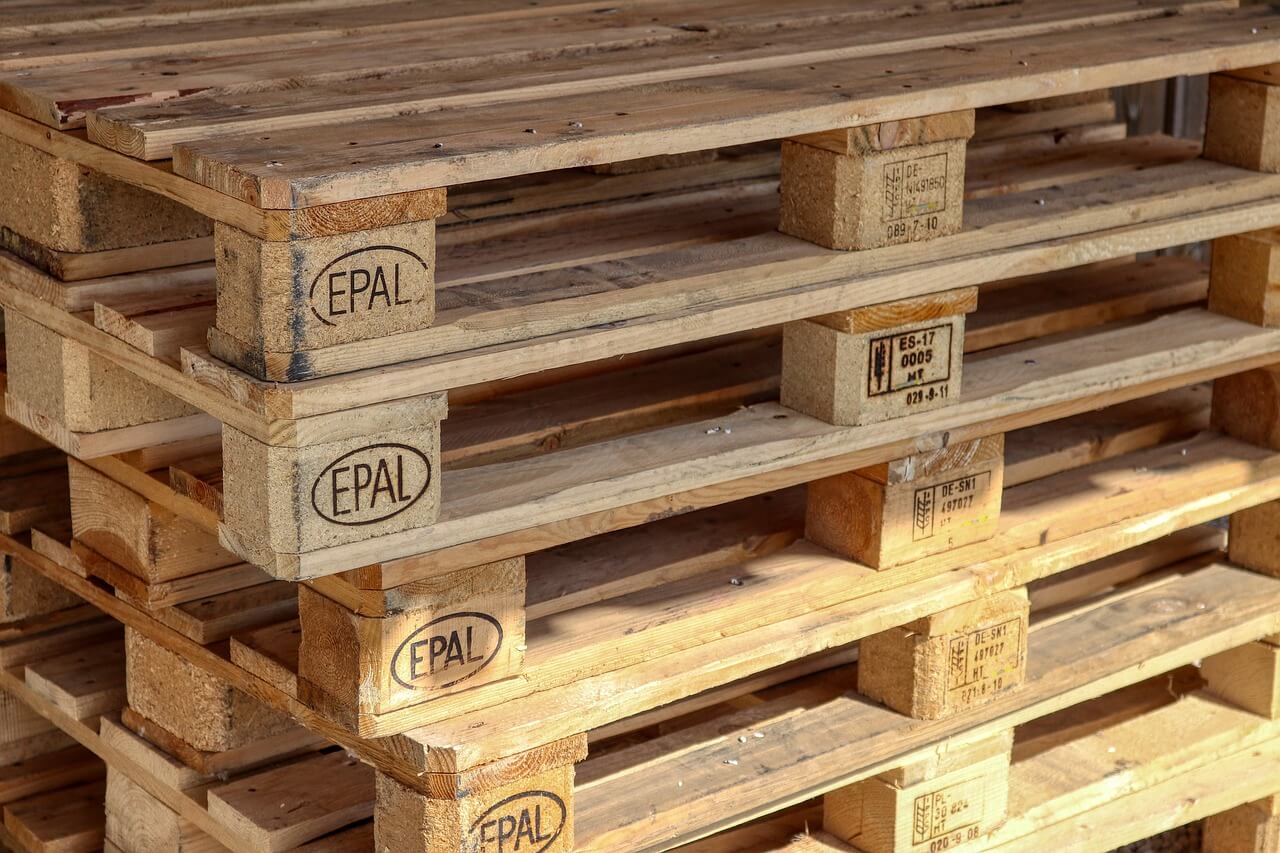 How is the international freight delivery service for transporting goods to Saudi Arabia?Apr 30,2025
How is the international freight delivery service for transporting goods to Saudi Arabia?Apr 30,2025 -
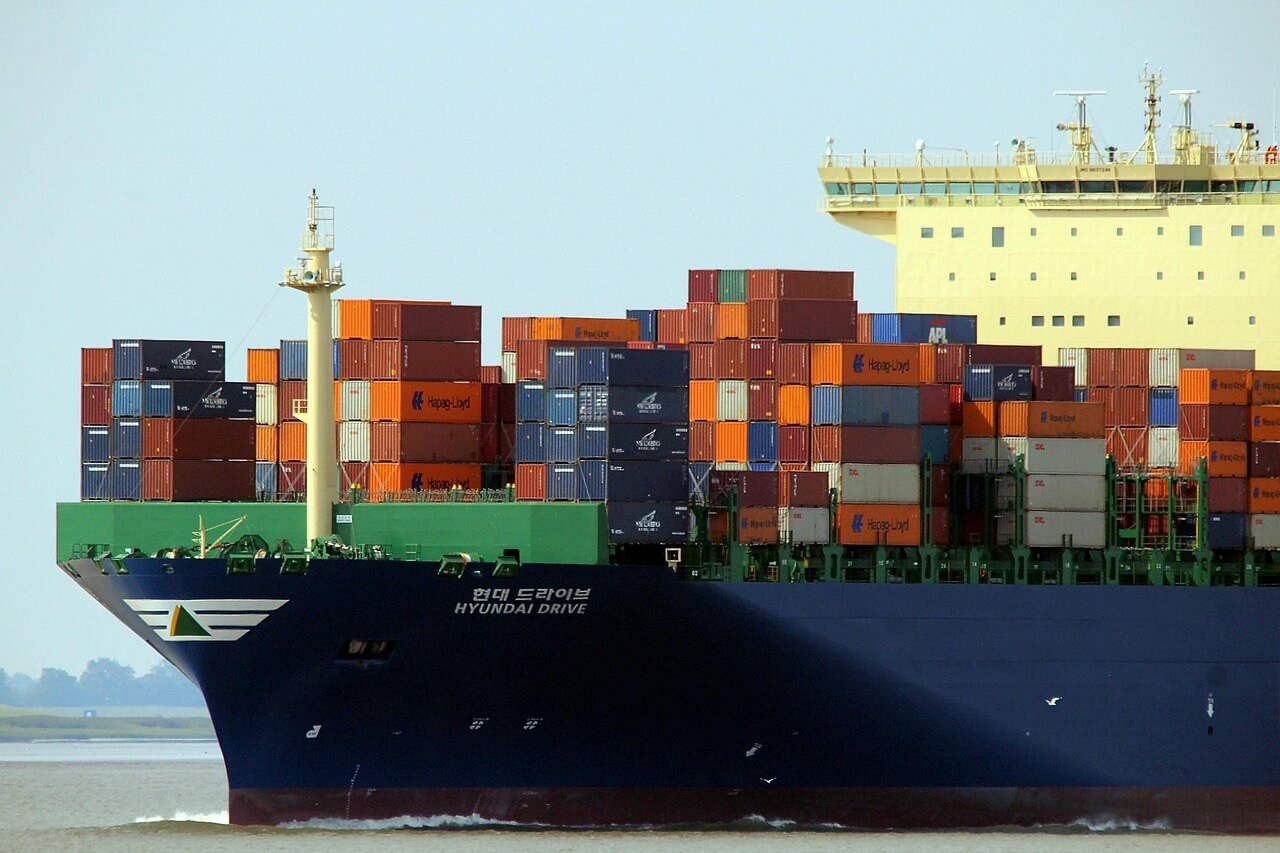 What is the delivery time for international freight from China to Kenya?Apr 30,2025
What is the delivery time for international freight from China to Kenya?Apr 30,2025 -
 What is the customs clearance process for global land transportation from China to the United Arab EApr 30,2025
What is the customs clearance process for global land transportation from China to the United Arab EApr 30,2025 -
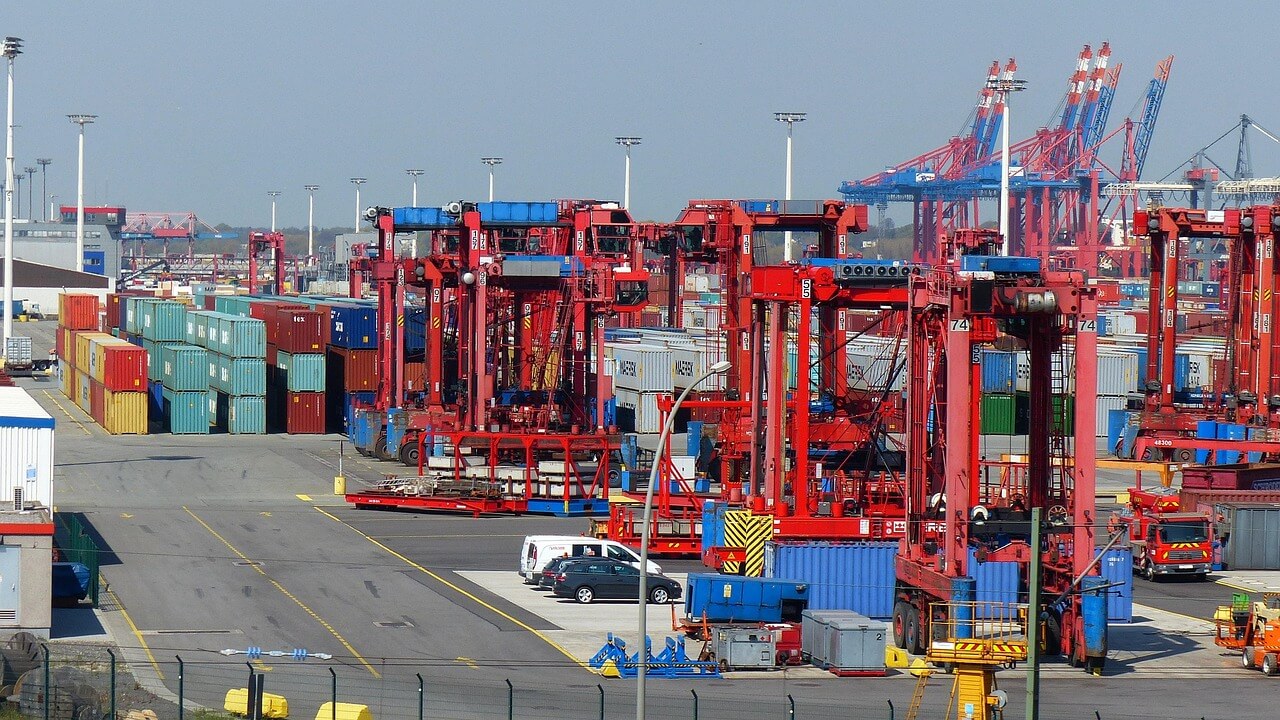 Shipping Guide from China to Qatar: How to Calculate LCL Shipping Cost?Apr 30,2025
Shipping Guide from China to Qatar: How to Calculate LCL Shipping Cost?Apr 30,2025

